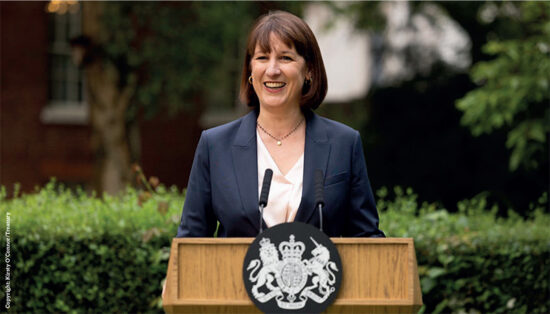However, as always there is the question of who is the arbiter of calculating what that fair share is, and it is here that we are seeing what could be considered as worrying trends in HMRC’s approach.
With the number of tax investigations increasing significantly, the fear is that HMRC may be scrutinising unrepresented taxpayers who have made innocent mistakes and, as a result, bringing the full force of the very complicated tax law down on them.
An example of this is HMRC’s continuing attack on village cricket clubs, which are run by volunteers and usually can’t afford to pay a professional tax agent to help them. HMRC is applying aggressive approaches to dealing with local clubs and is displaying inconsistent settlement decisions meaning clubs aren’t treated in the same way.
The imposition of penalties for what are arguably simple tax errors is an area in which HMRC is becoming particularly aggressive. For example, if the ordinary ‘Middle England’ man on the street makes a simple mistake with the completion of his own tax return, he is considered easy fodder by HMRC in the ‘penalty farming’ game. Arguably, these general law-abiding folk are potentially more likely to meekly accept what HMRC say if they get something wrong.
Innocent mistakes were never intended to be brought within the new penalty regime when it was introduced six years ago. HMRC gave assurances that tax officials understood that as the UK tax code is complex, taxpayers would inevitably make mistakes. Experience is showing that the reality is the complete opposite. HMRC is keen to treat all tax errors as potentially liable to penalties, and now consider the starting point for taxpayer behaviour as ‘deliberate’ before deciding whether that behaviour is merely ‘careless’.
All this is thrown into sharper focus when HMRC’s proposals to access taxpayers’ bank accounts are taken into account. These proposals, if adopted, will enable HMRC to directly obtain the tax they believe is owed. Yes, HMRC says there will be safeguards in place but experience has shown that in the race to close the ‘tax gap’, the department has a tendency to forget that the taxpayer is a person, and not merely an object of cash generation.








